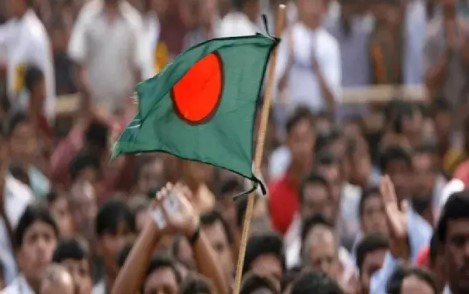Bangladesh is gradually returning to normalcy following more than a week of violent clashes over student protests regarding government job quotas, which resulted in nearly 200 deaths. Limited internet services and reduced office hours marked Wednesday’s cautious recovery.
Despite most of the country still lacking internet access, thousands of vehicles returned to the streets of the capital as authorities relaxed the curfew for seven hours. Offices and banks operated for a few hours, and broadband internet was partially restored in Dhaka and Chattogram.
The violence, which started on July 15, involved clashes between police and student protesters demanding the end of a quota reserving 30 per cent of government jobs for relatives of 1971 war veterans. The unrest escalated when the main Opposition, the Bangladesh Nationalist Party, and the right-wing Jamaat-e-Islami party supported the protests. As the violence spread, government establishments in Dhaka were also targeted.
According to the Bengali-language daily Prothom Alo, 197 people have died since July 16, though this figure has not been confirmed by official sources. Schools and educational institutions remain closed indefinitely.
The Supreme Court reduced the veterans’ quota to 5 per cent, making 93 per cent of civil service jobs merit-based, with the remaining 2 per cent reserved for ethnic minorities and disabled people, on Sunday. The government accepted the Supreme Court’s decision on Tuesday and issued a circular to implement the reformed quota system. Prime Minister Sheikh Hasina’s administration welcomed the verdict.
Protesters acknowledged the verdict and circular as victories but demanded accountability for the violence and deaths. The protests present a significant challenge to Hasina’s government, which has faced criticism for its handling of the situation and recent election boycotts by Opposition groups.
The quota system, initially defended by Hasina, was criticised as discriminatory by protesters, who argued it favoured supporters of Hasina’s Awami League party. Hasina maintained that the veterans of the 1971 independence war deserve the highest respect regardless of political affiliation.
The Awami League and the BNP have a history of accusing each other of inciting political chaos, with recent tensions exacerbated by a crackdown on Opposition figures ahead of the national election.

















